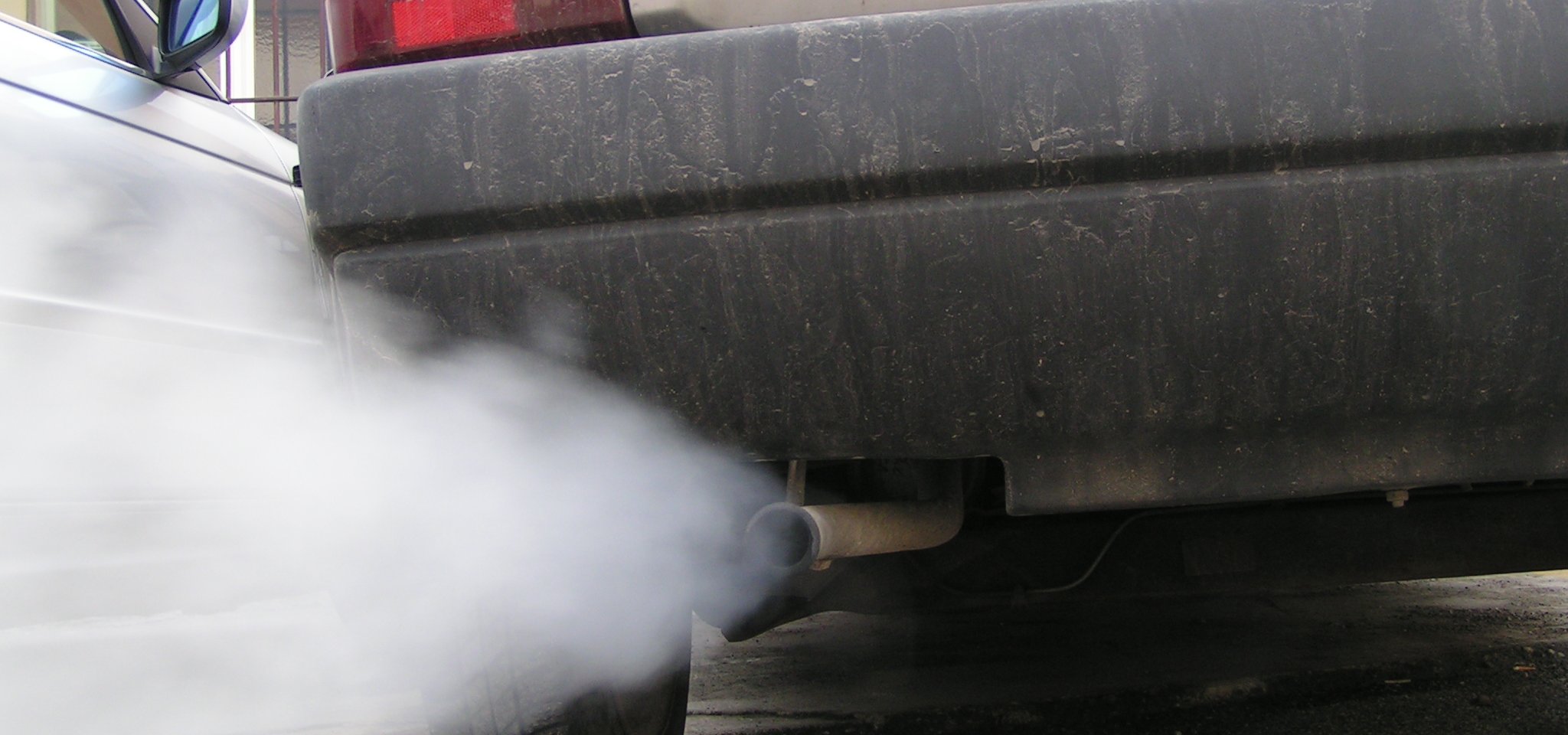Europeans fear that the TTIP free trade agreement between the United States and the EU would water down their environmental standards, but the recent diesel emissions scandal shows that the opposite could be the case. Craig Morris explains.

Coming to a street near you: lax European car emission standards. (Photo by
Simone Ramella, CC BY 2.0)
Americans are very concerned about TPP, the trade agreement with countries across the Pacific. In the US, numerous anti-TPP protests have taken place. Interestingly, there has been comparatively little protest in the US about TTIP, the agreement with countries across the Atlantic. Perhaps the perception among Americans is that the EU has equally strong environmental standards.
A recent protest in Berlin against TTIP drew more than 100,000 people. Europeans generally assume that US standards are lower, as EU parliamentarian Claude Turmes recently explained. Granted, EU car standards are higher in some respects – such as front-end collisions – but the EU also knew about breaches of emission restrictions from European diesel cars “at least 18 months” before the finding was announced in the US.
TTIP would allow the lowest standard to apply everywhere. Where US standards are stricter, lax EU standards would undercut them and vice versa. The lobbyist watch group Corporate Europe Observatory recently put it well in its article entitled “Tested once, approved everywhere” (which is actually a slogan used by car manufacturers themselves).
The EU’s forgiving reaction to the fraud reveals that the lax European handling of its automotive sector continues. Instead of cracking down on lawbreakers, the EU is allowing a generous grace period for European carmakers to comply with the standards already in place. There is to be a switch from lab testing to on-road tests, but not until 2018. And even then, NOx emissions can still be 50 percent higher than the standards in place.
The European public can only point the finger at the legislator if they actually change their consumption behavior. But the Europeans allegedly so worried about lower American standards are hardly penalizing the lawbreaking car manufacturers by shopping elsewhere. Within the EU, Volkswagen sold 9.8 percent more cars in September (report in German). Sales increases were even better at some of VW’s competitors who also broke the law. We still await the long heralded switch in customer demand towards electric vehicles in the EU.
What’s worse, German cars have larger engines on average than vehicles imported to the country. In 2013, the average car sold in Germany had 137 horsepower – up from 95 in 1995. But cars imported only had an average of 117 horsepower. German vehicles had much larger engines: BMW, 190 horsepower; Audi, 178; and Mercedes 174 (report in German). Germany makes gas-guzzlers, not future-proof vehicles.
In the US, half of all premium cars sold in 2014 were German, up from 33 percent in 2005 (PDF in German). This market may indeed change; American consumers do seem excited about electric vehicles, while the German public remains loyal to an outdated technology.
And what about TTIP? The lesson is that it will not lead to the implementation of lower US standards in the EU. But it could lead to the implementation of lower standards everywhere.
Craig Morris (@PPchef) is the lead author of German Energy Transition. He directs Petite Planète and writes every workday for Renewables International.